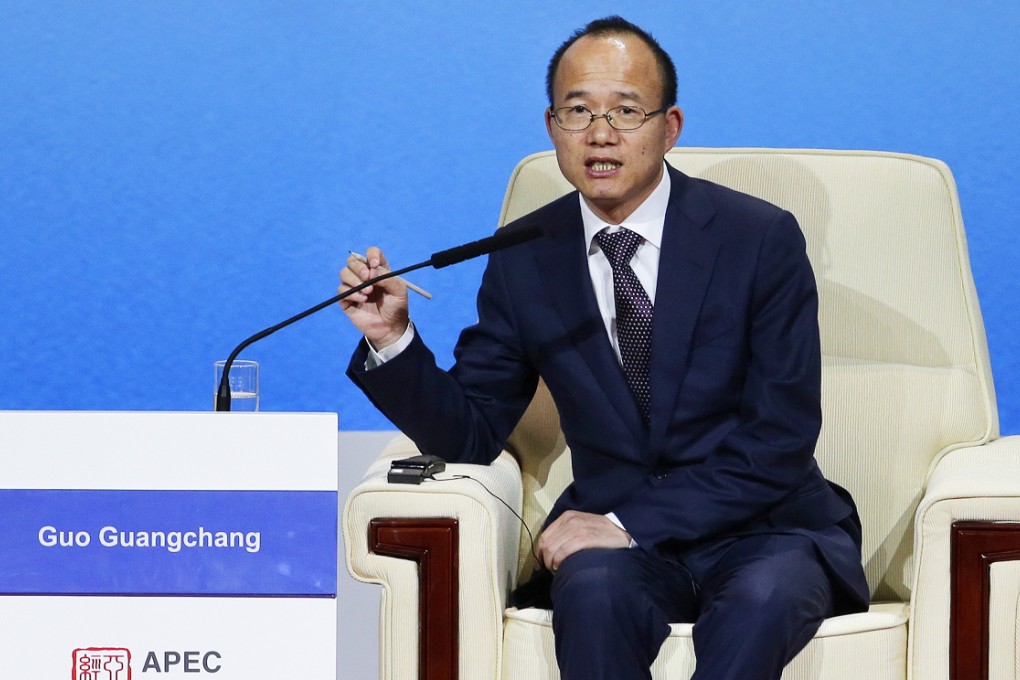Update | Fosun’s Guo sweetens Club Med bid, will fight to the end for resort
“Chinese tourists’ shifting of focus from sightseeing to seeking fun and leisure has ushered in huge demand and we believe Club Med is the right brand that offers right services to grow with the trend”

Chinese billionaire Guo Guangchang sweetened his bid for Club Mediterranee at the last minute on Monday, outbidding Italian tycoon Andrea Bonomi’s offer in France’s longest-running takeover battle.
A senior official of Fosun said it is optimistic about its chances and is certain it would fight to the bitter end for the control of the holiday resort company in France’s longest-running takeover battle.
“We are quite bullish on the outlook of the brand,” said Jiannong Qian, a managing director with Fosun Group.
“Chinese tourists’ shifting of focus from sightseeing to seeking fun and leisure has ushered in huge demand and we believe Club Med is the right brand that offers right services to grow with the trend.”
The ¤23.50-per-share offer is 50 euro cents higher than Bonomi’s and values the all-inclusive holiday pioneer at ¤897 million (HK$8.67 billion).
It came just hours before a deadline in a takeover saga that began in May last year.